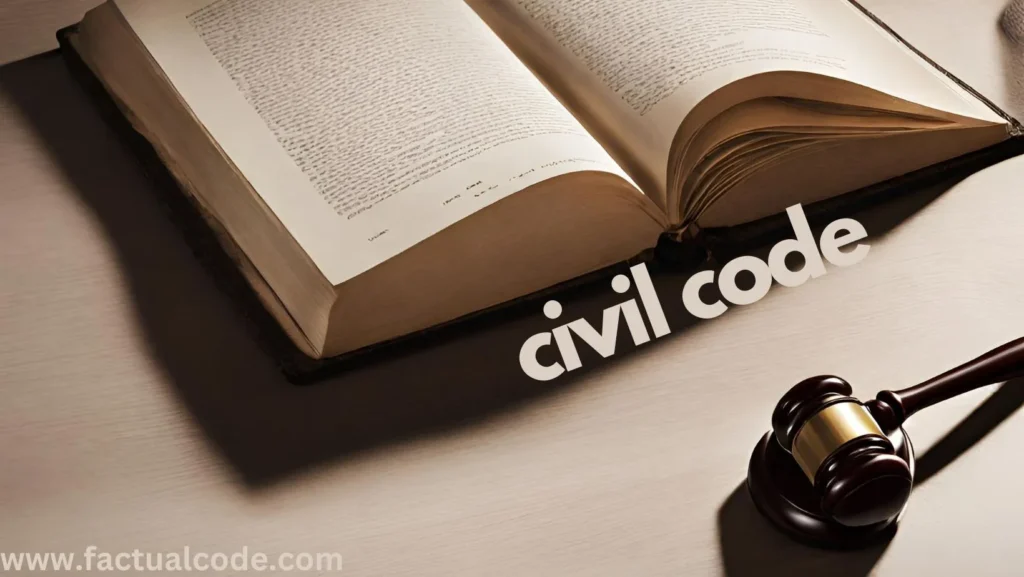Definition and Significance
Pleadings refer to the formal written statements submitted by parties in a legal dispute, detailing the material facts they seek to establish at trial. These include the plaint from the plaintiff and the written statement from the defendant. Pleadings demarcate and streamline the issues for adjudication, ensuring that the trial remains focused on relevant material questions.
Amendment of pleadings becomes necessary due to factors such as:
Rectifying errors or omissions in initial submissions.
Incorporating facts or developments that arose post-filing.
Correcting legal or factual inaccuracies.
Preventing technical impediments to justice.
Without the possibility of amendment, parties would face constraints that might hinder the comprehensive adjudication of disputes, leading to potentially unjust outcomes.
Legal Framework for Amendment of Pleadings
The Code of Civil Procedure (CPC) contains provisions that facilitate the amendment of pleadings to ensure that procedural technicalities do not obstruct justice:
1. Section 152: Correction of Clerical and Arithmetical Errors
Permits the rectification of mistakes in judgments, decrees, or orders, provided such corrections are limited to clerical or arithmetical errors.
2. Section 153: General Power to Amend
Empowers courts to order amendments necessary for the proper determination of the issues in dispute.
3. Order 1, Rule 10(2): Adding or Striking Out Parties
Allows the court to add or remove parties when it is essential for the effective resolution of the dispute.
4. Order 22, Rules 3 & 4: Substitution of Legal Representatives
Facilitates the continuation of proceedings by substituting deceased parties with their legal representatives.
5. Order 6, Rule 16: Striking Out Pleadings
Enables the court to amend or strike out pleadings if they are scandalous, frivolous, or prejudicial to a fair trial.
6. Order 6, Rule 17: Amendment of Pleadings
This provision grants courts the discretion to allow amendments at any stage of the proceedings to resolve the real questions in controversy. However, post-trial amendments are restricted unless due diligence could not have raised the matter earlier.
Order 6, Rule 17: Key Aspects and Judicial Interpretation
Judicial Discretion and Mandatory Requirements
The provision comprises two distinct parts:
Discretionary Provision: Courts may permit amendments at any stage of the proceedings if deemed just and necessary.
Mandatory Provision: Courts must permit amendments essential for resolving the real controversy, provided the party could not have raised the matter earlier despite exercising due diligence.
Judicial Interpretations
Salem Advocate Bar Association v. Union of India (2005): The Supreme Court emphasized preventing frivolous amendment applications that seek to delay proceedings.
Vidyabai v. Padmalatha (2009): Reinforced that amendments should only be allowed when due diligence could not have identified the issue earlier.
Guiding Principles for Allowing Amendments
The overarching objective is to minimize litigation and avoid multiplicity of suits. Courts must balance procedural rigor with substantive justice.
Key principles include:
Liberal Approach: Courts should adopt a liberal stance to promote the cause of justice.
Resolution of Real Issues: Amendments should aim at resolving the actual controversy between the parties.
Judicious Exercise of Discretion: Courts must exercise their discretion responsibly.
Avoiding Prejudgment: Courts should refrain from evaluating the merits of the proposed amendment.
Guidelines for Allowing or Refusing Amendments
Permissible Amendments:
Grant of consequential relief.
Avoidance of multiple suits.
Incorporation of subsequent events.
Clarification of formal ambiguities.
Rectification of misdescriptions or factual inaccuracies.
Prohibited Amendments:
Amendments that do not pertain to the real question in controversy.
Introduction of a new or inconsistent cause of action.
Prejudicing the accrued rights of the opposite party.
Amendments lacking bona fide intent.
Commencement of Trial and Its Impact on Amendments
The stage at which a trial commences is pivotal in determining the permissibility of amendments:
Vidyabai v. Padmalatha: The trial is considered to begin with the filing of affidavits for examination-in-chief.
Baldev Singh v. Manohar Singh: Examination of witnesses and final hearing constitute key stages of the trial.
Brij Gopal Pallod v. Municipal Council: Chief examination of the first witness marks the trial’s commencement.
Supreme Court Guidelines in Revajeetu Builders v. Narayanaswamy (2009)
The Supreme Court outlined comprehensive criteria for evaluating amendment applications:
Amendments must be essential for proper adjudication.
Applications must be bona fide.
Amendments should not prejudice the opposing party unless compensated.
Fundamental alterations to the nature of the case are impermissible.
Courts should decline amendments if fresh suits would be barred by limitation.
Awarding Costs to the Opposite Party
Costs play a crucial role in discouraging mala fide amendments and compensating the other party for delays. Courts consider factors such as:
The procedural stage at which the amendment is sought.
The financial advantage derived by one party.
The delay and inconvenience caused to the opposing party.
Conclusion
The amendment of pleadings is an indispensable aspect of civil litigation, allowing parties to present their cases comprehensively and accurately. Courts wield broad discretion in permitting amendments, guided by the principles of substantive justice and the necessity of adjudicating real controversies. Adherence to judicial precedents and established guidelines ensures that amendments facilitate rather than obstruct the judicial process.

